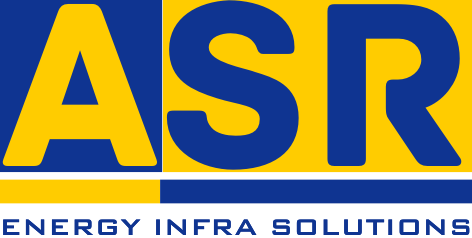
The 2021 global glass manufacturing market was worth USD 106.44 billion, projected to grow at a 5.2% compound annual growth rate (CAGR) from 2022 to 2030. Increased investments in residential and commercial construction, coupled with the rising adoption of recyclable materials in packaging, are expected to drive market expansion in the forecast period.
How is ASR adding value to the Glass Industry?
Quartz:
Quartz, a crystalline mineral composed of silicon dioxide (SiO2), plays a crucial role in the glass industry due to its purity, transparency, and high melting point. It serves as a primary raw material in the production of clear and transparent glass, providing exceptional clarity and optical properties. Quartz is also used as a fluxing agent, helping to lower the melting temperature of glass batches and facilitating the fusion of other ingredients. Additionally, Quartz enhances the thermal and mechanical properties of glass, making it suitable for applications requiring durability and resistance to heat and abrasion. In the glass industry, Quartz finds extensive use in the manufacturing of flat glass, fiberglass, specialty glassware, and electronic components.
Soda Feldspar:
Soda Feldspar, also known as sodium feldspar, is a critical component in glass manufacturing due to its fluxing properties and ability to reduce the melting temperature of glass batches. It enhances the viscosity and fluidity of molten glass, allowing for easier shaping and forming during the glassmaking process. Soda Feldspar also improves the chemical stability and durability of glass, contributing to its strength and resistance to thermal shock. In the glass industry, Soda Feldspar is commonly used in the production of container glass, flat glass, fiberglass, and specialty glassware.
Potash Feldspar:
Potash Feldspar, or potassium feldspar, is another essential mineral utilized in the glass industry for its fluxing properties and ability to modify the properties of glass. It acts as a flux, promoting the fusion of other ingredients in glass batches and facilitating the melting process. Potash Feldspar also enhances the chemical resistance and thermal stability of glass, making it suitable for a wide range of applications. In the glass industry, Potash Feldspar is extensively used in the manufacturing of clear and colored glass, specialty glassware, ceramic glazes, and enamels.
Keeping the above parameters in mind, we at ASR are 100% committed to adhering to stringent quality control on our raw materials.


